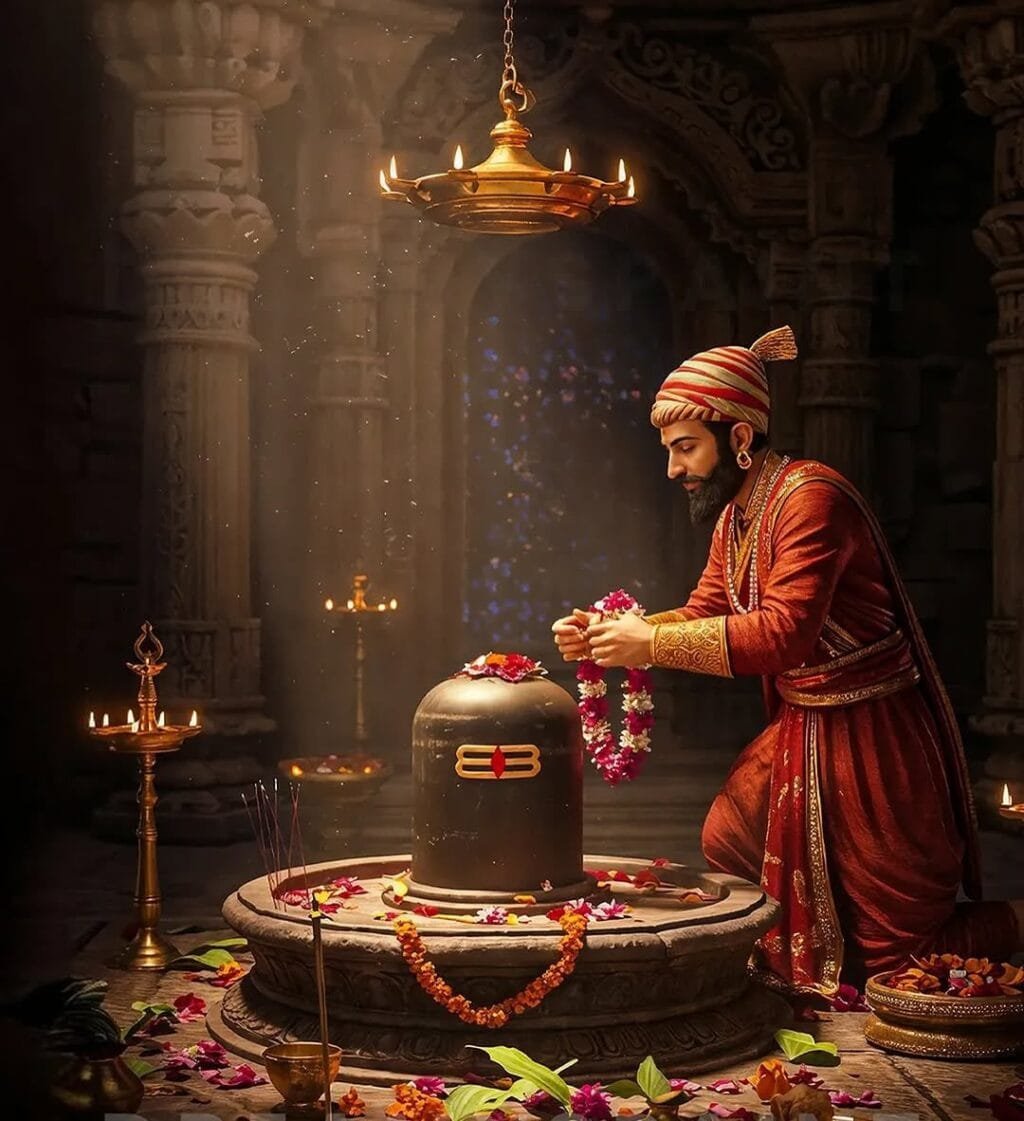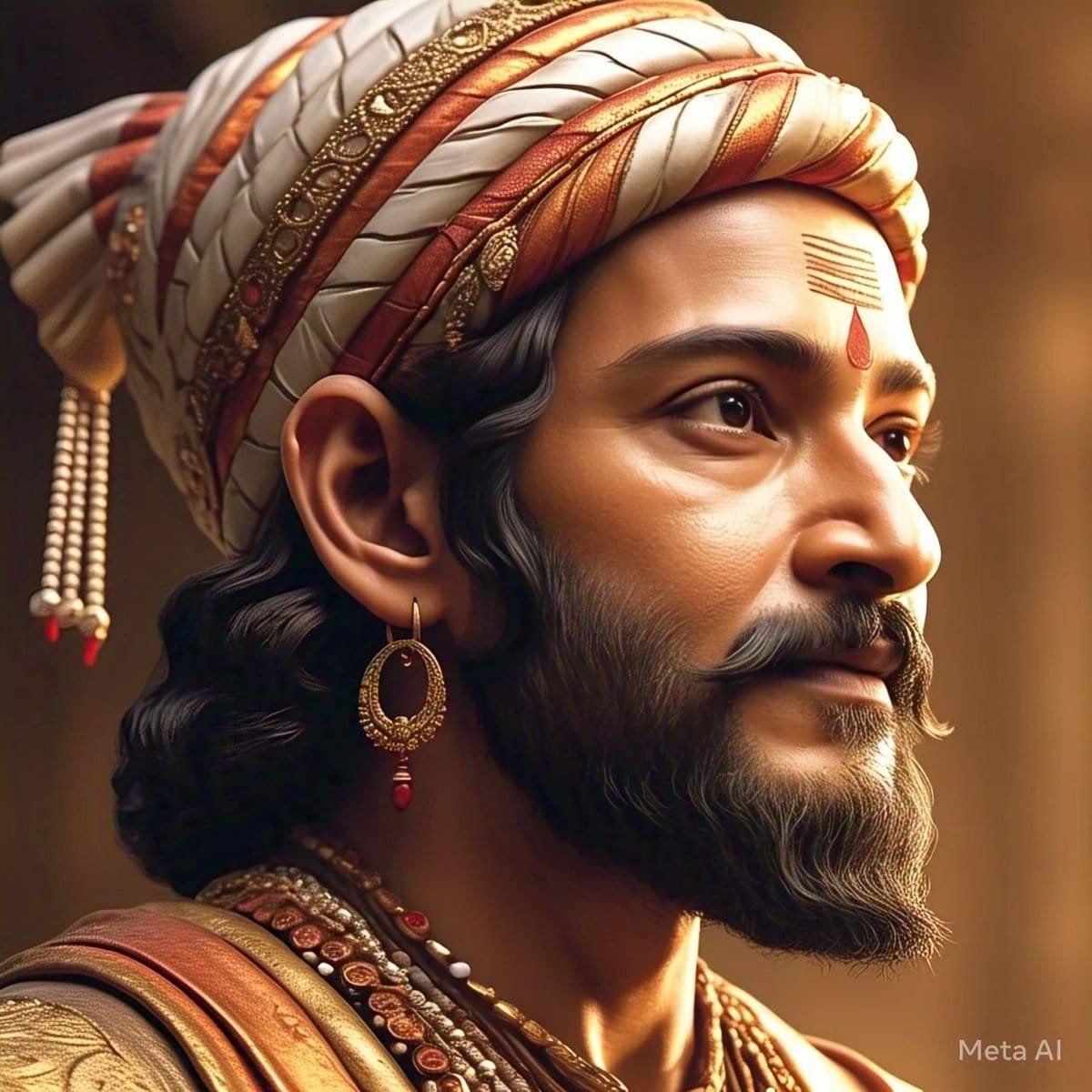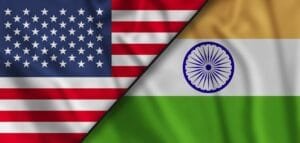Chatrapati Shivaji: The Legendary Warrior Who Shaped India’s History

Chatrapati Shivaji: The Legend Who Shaped India’s History and Legacy
Chatrapati Shivaji, one of the most revered figures in Indian history, was a visionary leader, a military genius, and the founder of the Maratha Empire. His courage, intelligence, and unwavering commitment to his people established him as a legendary warrior and ruler. His contributions to India’s history, military strategy, administration, and cultural preservation have left an indelible mark, making him an enduring symbol of resistance, valor, and patriotism.
The Rise of Chatrapati Shivaji
Chatrapati Shivaji was born in 1630 to Shahaji Bhosale and Jijabai, both from the influential Bhosale family in the Deccan region. Raised with a strong sense of duty and patriotism, Shivaji was deeply influenced by his mother, Jijabai, who instilled in him the values of righteousness and leadership.
At the young age of 16, Shivaji displayed remarkable military acumen by capturing Torna Fort. This victory was just the beginning of his relentless pursuit to establish a sovereign Maratha kingdom. His strategic use of guerrilla warfare and his ability to outmaneuver much stronger adversaries set the foundation for his empire’s expansion. His battles against the Mughals, the Bijapur Sultanate, and the Portuguese demonstrated his tactical brilliance and his ability to adapt to various warfare conditions.
Key Achievements of Chatrapati Shivaji
Founding the Maratha Empire
The most significant achievement of Chatrapati Shivaji was laying the foundation of the Maratha Empire. Through diplomacy, military strategy, and an unbreakable spirit, he expanded his kingdom across present-day Maharashtra, Karnataka, and Madhya Pradesh. His rule posed a formidable challenge to the Mughal Empire, particularly during the reign of Emperor Aurangzeb.
Naval Power and Maritime Strength
Understanding the importance of maritime power, Chatrapati Shivaji built a strong naval fleet to protect India’s western coast from foreign invaders like the Portuguese, the British, and the Dutch. He fortified strategic locations along the Konkan coast and constructed naval bases at important locations such as Sindhudurg and Vijaydurg. His foresight in establishing a navy made him one of the pioneers of modern naval warfare in India.
Revolutionary Administrative Reforms
Shivaji introduced an efficient system of governance that ensured stability and growth. His administration was structured with a council of ministers known as the Ashta Pradhan (Eight Ministers), which managed different aspects of governance, including finance, law, and military affairs. His tax reforms ensured a fair revenue system, and he promoted trade and agriculture to strengthen the economy.
Religious Tolerance and Social Harmony
Despite being a devout Hindu, Chatrapati Shivaji respected all religions. His inclusive policies ensured that people of different faiths could coexist peacefully in his kingdom. Unlike many contemporary rulers, he did not impose religious restrictions and included Muslims in his administration and army.

Coronation and Title of Chatrapati
On June 6, 1674, Shivaji was crowned as Chatrapati (meaning “King of Kings”) in a grand ceremony at Raigad Fort. This momentous event symbolized the official recognition of his sovereignty and marked a turning point in Indian history. The coronation reestablished Hindu self-rule after centuries of foreign domination and solidified Shivaji’s status as a legitimate ruler.
Chatrapati Shivaji’s Legacy: A Lasting Influence
Cultural Renaissance and Marathi Identity
Symbol of Resistance Against Oppression
Shivaji’s legacy as a symbol of resistance continues to inspire movements against oppression. His fight against the Mughals and other foreign powers made him a hero among freedom fighters during the British colonial era. Leaders such as Bal Gangadhar Tilak and Veer Savarkar drew inspiration from his life and ideals.
Inspiration for Leadership and Governance
Shivaji’s leadership principles continue to be studied and admired. His emphasis on justice, equality, and effective governance remains relevant today. Modern political leaders, military strategists, and scholars refer to his policies as exemplary models for nation-building.
Educational and Social Reforms
In addition to his military and administrative contributions, Chatrapati Shivaji took significant steps to improve education and social welfare. He encouraged the establishment of schoohe Enduring Legacy of Chatrapati Shivaji
Chatrapati Shivaji is not just a historical figure; he is a legend whose influence continues to inspire new generations. His unwavering commitment to justice, fairness, and the protection of his people has made him one of India’s greatest heroes. His visionary leadership, military prowess, and administrative acumen have ensured that his name remains etched in history.
By remembering and honoring Chatrapati Shivaji’s legacy, we celebrate the values of courage, unity, and resilience that he embodied. His life story serves as a beacon of inspiration, reminding us that true leadership is defined by service, integrity, and the unwavering pursuit of justice.
In a world where history shapes the present and future, Chatrapati Shivaji’s name stands tall as an eternal symbol of valor, wisdom, and patriotism.



